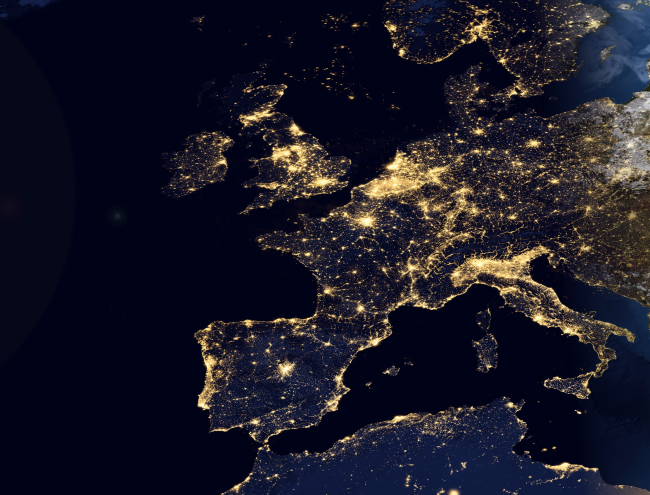The European Commission Energy Green Paper: A Draft to Be Revised

The European Commission has just made public a green paper devoted to its energy and climate policies until 2030.
Presented as a document for discussion the paper is however written in such a way that it may lead to debates avoiding fundamental raised by these policies.
Without trying to enumerate all the remarks that could be made, this note will only consider the main criticisms which the document suggests.
1. If it mentions the decisions taken at the Union level, the text does not describe the probable situation in 2020 which will be the starting point of the 2020-2030 decade.
- The contradictions resulting from the Lisbon Treaty are not mentioned and since any change of the Treaty is out of question the text does not discuss the adaptation problems which are the consequences of this situation for Community actions.
- The European rules are supposed to lead to the announced targets when such an assumption only partially corresponds to reality.
- The divergences between the Member-states policies and the inconsistencies of these national policies are important for European policies (for instance, several states want to limit the growth of energy retail prices for social reasons while their general energy policy has a negative impact on the costs (correctly computed) of the energy supply).
- The document does not take into account the present international context with respect to actions concerning climate change, though this context is not favourable to the attitudes adopted by the Union.
2. The document does not underline the importance for European growth recovery of economic efficiency and hence of the costs (correctly computed) of the energy system. When the document mentions cost effectiveness it refers to the efficiency of the tools selected to reach the objectives but it does not consider the overall cost of pursuing objectives which could be adapted in view of the socio economic situation of the Union.
3. The UE has tried to become a world leader in the fight against climate change. It has not been a success, which is not surprising since the Union represents only 11 % of the world emissions, with the weakest economic growth rate of all the main world regions. This attitude has to be revised. Europe must make efforts in proportion with the efforts made by the rest of the world. The EU should be careful not to take measures endangering the competitiveness of its industry and avoid carbon leakages.
The 2030 objectives must be based on this redefinition of the European strategies. In the road-map, objectives should not be defined independently, from the state of the world and from the socio-economic situation in Europe.
4. As for renewables, they have to be developed now on the basis of the balance of benefits and costs, while taking into account the investment necessary to compensate their intermittency.
Since, in the field, the member-states are free to define their capacity investments, they have to assume the consequences of their choices and avoid to inflict on other member-states diseconomies resulting from their choices.
The thesis of the Commission according to which it tries to implement an internal market of " perfect competition " for electricity and gas is an illusion within the rules of Lisbon Treaty.
Before defining any programme for the 2020-2030 decade, it is necessary to redefine the European objectives
5. For the energy efficiency objective, it must be stressed that the quest for improvement is subject to the fact that future energy savings are greater than the costs incurred to obtain them. If not, this policy will have a negative impact on the welfare of European societies.
These are the fundamental questions raised by the green paper. They have to be discussed before dealing with the more limited topics raised by the Commission.
Related centers and programs
Discover our other research centers and programsFind out more
Discover all our analysesBrazil One Year Away from the October 2026 General Elections
Brazil’s general elections will be held on October 4, 2026, to elect the president, vice-president, members of the National Congress, governors, deputy governors and state legislative assemblies. For the presidential and gubernatorial elections, a second round will be held on October 25 if no candidate obtains a majority of the votes in the first round.
COP30: An Inflection Point for Climate Action and Governance
The 30th Conference of the Parties (COP30), opening in Belém, Brazil, on November 10th 2025, convenes at a perilous moment.
The Strategic Dimension of Skills in the Clean Industrial Deal
In the competitiveness and energy transition battles, the European Union (EU) must master a determinant factor: skills.
The Energy Transition Faces Geopolitical Challenges. How Can Ideological Divides Be Overcome?
President Trump’s positions and policies, combined with record coal consumption and booming global electricity demand, geo-economic confrontation, and widespread concerns about energy security, are changing the game when it comes to understanding realistic decarbonization trajectories. The war in Europe is intensifying competition between defense and transition budgets. This is also the case elsewhere in the world.












